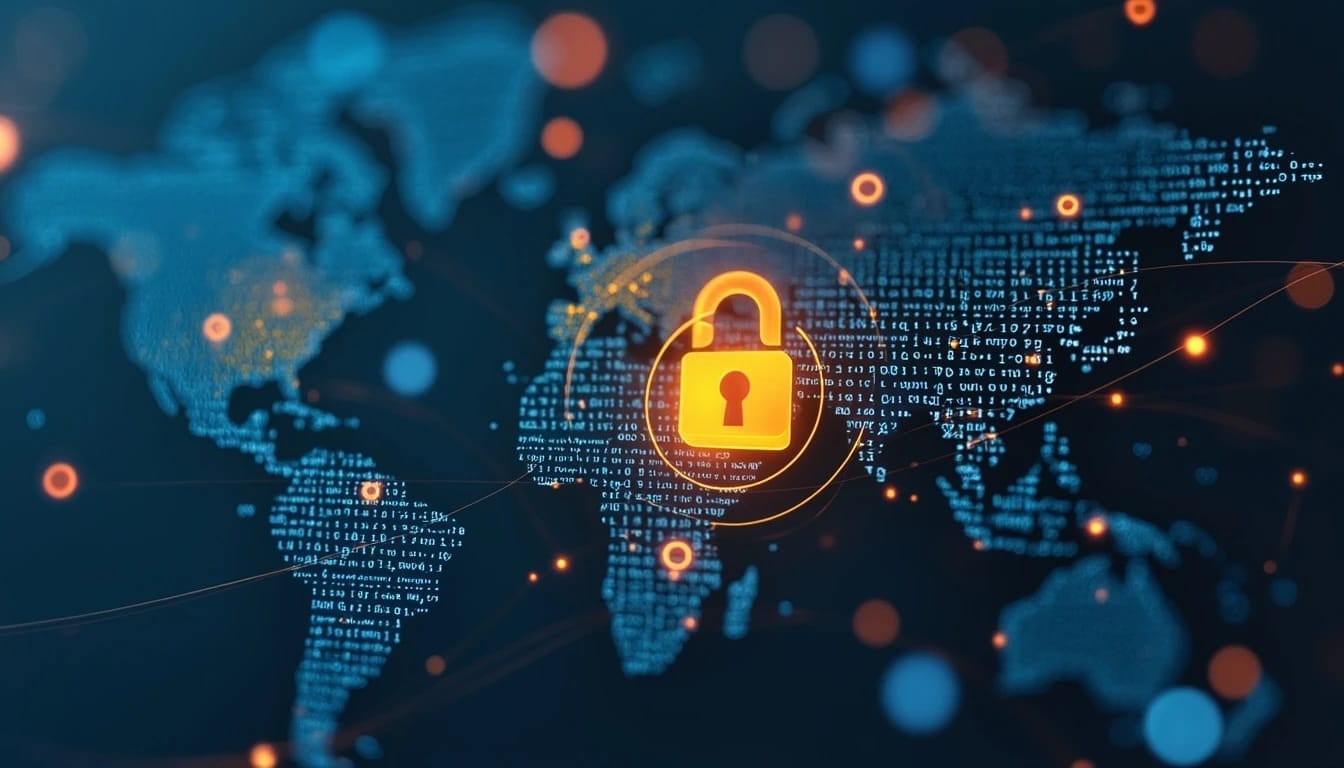Sure! Here’s the translation into American English:
Nowadays, few businesses can operate without some level of digitization. Whether it’s a dedicated email server or a complex LAN network requiring an IT department, cybersecurityCybersecurity solutions are essential in today’s era… on servers is essential for the survival and growth of businesses. Fortunately, there are specialized antivirus solutions designed specifically for servers that provide the necessary protection against increasingly complex cyber threats.
According to some cybersecurity experts and cloud infrastructure providers like Stackscale (Aire Group), servers become highly susceptible to cyber attacks, making their protection fundamental. This protection not only safeguards the server itself but also critical network components like business email, remote access servers, and cloud servers.
Given the above, choosing an effective antivirus for servers is crucial. Below are seven aspects you should consider when selecting the best antivirus solution for servers.
1. Detection Capabilities
The main goal of any antivirus is to detect and eliminate threats before they can cause damage to your network. That’s why it’s essential to opt for a solution that offers strong detection capabilities. This includes identifying a wide range of malware such as viruses, worms, trojans, and ransomware.
A good antivirus for servers should include real-time scanning, allowing threats to be neutralized as they occur. This type of protection is often complemented by heuristic analysis, an advanced technique that allows for the detection of new or modified threats that don’t yet have a known signature. Additionally, the ability to schedule regular scans or run them on demand is key to detecting malware that may have gone unnoticed in initial scans.
2. Performance Impact
Since servers are crucial for a company’s daily operations, any disruption—including one caused by the antivirus itself—can have detrimental effects on business activities. Therefore, it is important to choose an antivirus program that does not negatively affect server performance.
Some antivirus solutions consume a lot of resources, which can lead to slower performance and longer response times. However, more optimized solutions use techniques like scanning during idle times, ensuring that server resources are used efficiently without interfering during critical moments.
3. System Compatibility
Another essential aspect is to ensure that the chosen antivirus is compatible with the server’s operating system. Incompatibilities can lead to system instability and even create security vulnerabilities.
In addition to basic compatibility, it is important that the software integrates seamlessly with existing security tools, such as Intrusion Detection and Prevention Systems (IDPS) or Security Information and Event Management (SIEM) systems. This not only enhances overall security but also allows for a quicker response to potential threats.
4. Update Frequency
The frequency with which an antivirus updates its database is crucial for its effectiveness. Regular updates ensure that the antivirus is prepared to face the most recent threats. If a program is not updated frequently enough, it is likely to miss detecting new malware, leaving the server vulnerable.
The best antivirus solutions offer automatic background updates, allowing defenses to stay current without disrupting the server’s normal functions.
5. Ease of Use
Usability is an important factor, especially in environments where IT resources are limited. An antivirus that is easy to install, use, and maintain will reduce the burden on the IT team and improve overall security efficiency.
For smaller businesses, having easily understandable reporting capabilities is also significant. Detailed reports provide valuable insights into the threats faced and the antivirus performance, facilitating decision-making regarding potential security enhancements.
6. Support Services
Good technical support is crucial when choosing an antivirus for servers. Access to 24/7 support, remote assistance, and trained personnel to resolve critical issues are key factors.
Additionally, it is important to review the Service Level Agreements (SLAs) of the antivirus provider to ensure that expectations are met in terms of support and response times in case of an attack or technical issues.
7. Cost
While cybersecurity is an investment that should not be taken lightly, cost is always a factor to consider in any business environment. It is essential to find a solution that offers a balance between cost and benefit.
Proper market research can help identify the best options that, while they may require a higher initial investment, can prevent costly issues in the future if a cyber attack occurs.
Conclusion
Choosing the right antivirus for servers involves careful evaluation of several key factors. By considering detection capabilities, performance impact, system compatibility, update frequency, ease of use, support services, and cost, you can select an antivirus solution that offers comprehensive protection without disrupting business operations. The goal is to efficiently protect your network infrastructure without compromising company productivity.

